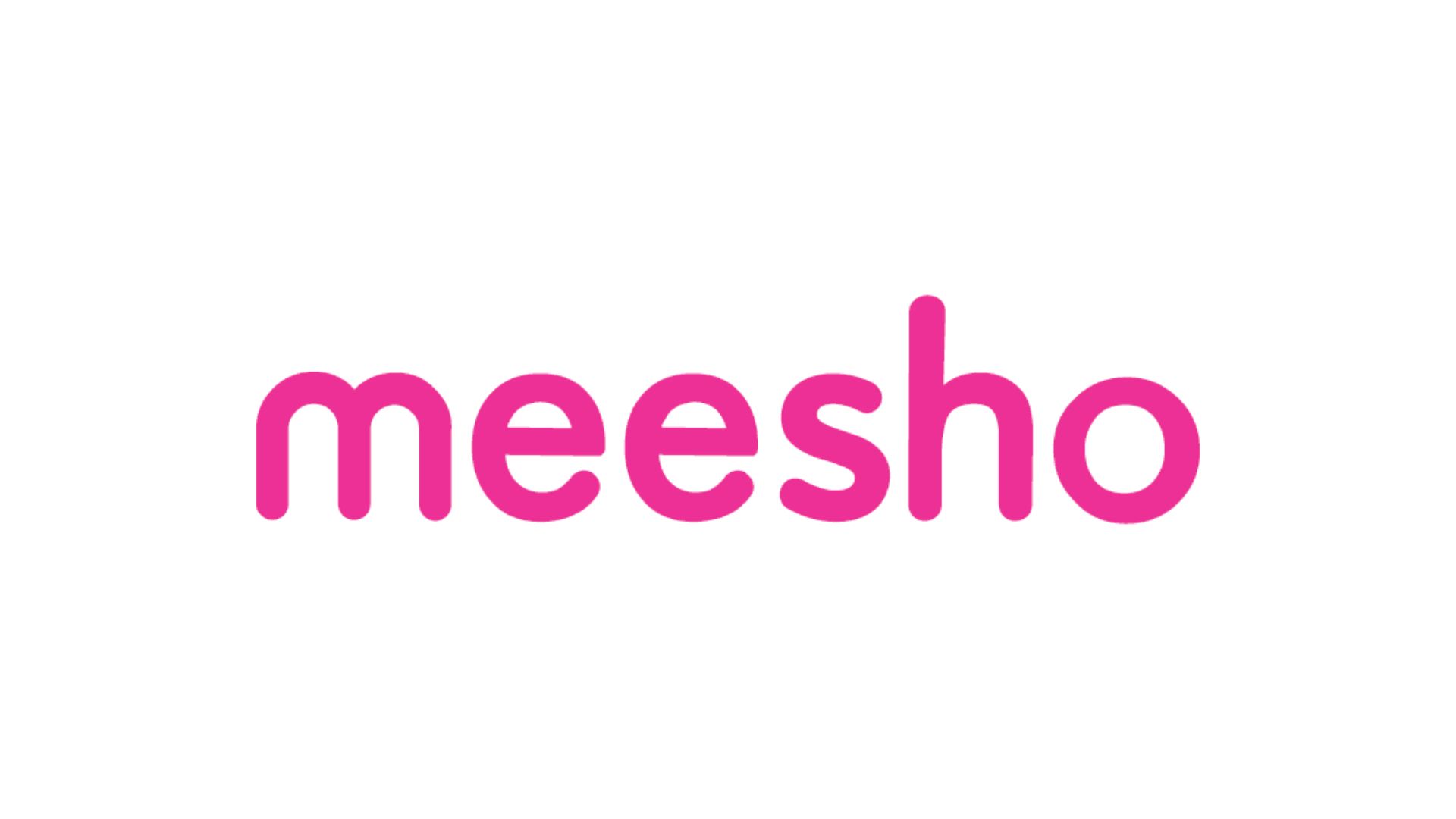As the conflict between Hezbollah & Israel escalates, Indian Army Chief General Upendra Dwivedi praised Israel’s strategy of creating a shell company to supply explosive pagers to Hezbollah, describing it as a “masterstroke.”
Speaking during the Chanakya Defence Dialogue, he emphasized the extensive preparation behind such operations, indicating Israel’s thorough readiness.
“The pager in question was sourced from a taiwanese company, funneled through a Hungarian intermediary. The establishment of a shell company by Israel is an impressive tactic.”
Further, he also noted, that such initiatives require years of planning. He reiterated that warfare begins not with combat but with meticulous preparation.
Additionally, Dwivedi also stressed the need for vigilance in supply chains to prevent similar incidents in India. “Monitoring supply chain interruptions and interceptions is crucial.”
Later, he advocated for comprehensive inspection processes at both technological and manual levels.
Meanwhile on September 17, 3,000 pagers supplied to Hezbollah exploded after receiving a coded signal, resulting in at least 12 fatalities, including two children, and injuring thousands.
As per reports, Israel’s intelligence agency, Mossad, had concealed explosives within 5,000 pagers ordered by Hezbollah from a Taiwanese firm, Gold Apollo. This operation had been planned for several months.
The detonation on September 17 marked a significant breach in Hezbollah’s security network. Just one day later, additional electronic devices exploded in Lebanon, believed to be part of a coordinated Israeli operation. The Lebanese Health Ministry reported that this second wave resulted in at least 25 deaths and over 600 injuries.
Must Read: Netanyahu’s Poll Rebound Following Hezbollah Attacks
















